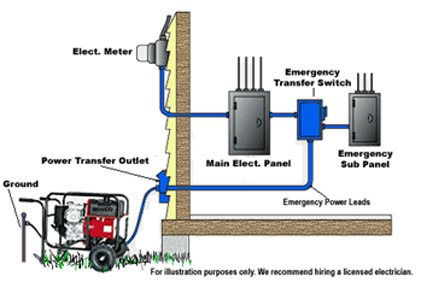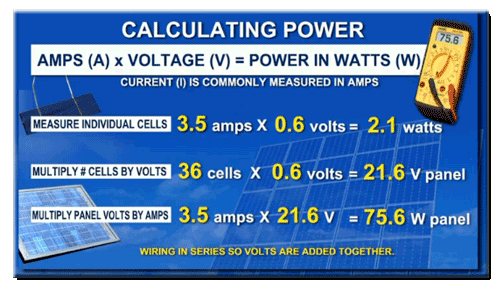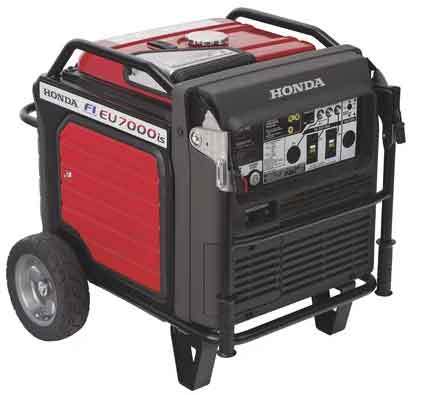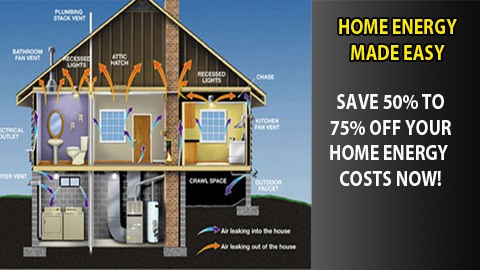
“Achieve the greatest volume and highest quality of produce possible, while reducing operating costs, and maximizing your profitability by growing smart.”
Tom Blount

8 Factors for Choosing an Off-GridElectric System
There are many reasons, places and situations in which an off grid electric generator can be a must-have. It could be at your job site, an extended camping trip, an outdoor event, classroom, etc. On hand electricity in these circumstances is absolutely necessary. Generators are also there to play the essential role of powering off-grid homes or offering the necessary backup in the absence of power. Farms need backup in the same way. And when it comes to types of generators and the off-grid brands and models to choose from, the options are quite many and choosing the best one to suit your specific need is easy. Here is a buying guide you can read to learn about the unique combination of features a good off-grid brand of any generator must have before you can purchase it

Benefits of Off Grid Electricity
Power (Wattage)
Before looking at other essential factors that determine your preference for a particular generator, take a look at its size to know the power level it corresponds with. Not everyone has the same situation when it comes to looking for a suitable generator. First off, you need to have a basic idea of the amount of power you require to power the electrical items you have.
A backup generator that can fit an average American homestead is typically 10,000 Watts or 10 kW. A smarter decision could be to go for a larger model of up to 25,000 W watts or even more so that whenever it’s time to use it, the number or type of electrical items you want to power will not be a challenge.
When it comes to specific uses, going for a smaller generator will possibly suffice. For instance, with a 2000 W generator, you can run a simple machine at your workplace if that is all you need a generator for. In the same manner, a lot of off-grid homes have generators for the sake of backup in situations in which solar and wind energy go low, making a small generator probably sufficient to rescue such situations.
So, it is better to figure out the amount of power needed to run your essential electrical appliances and also to get the right idea about the specific generator and size you require. To do so, take a look at the nameplate on each of your electrical items and do the math required to know the total wattage

Fuel
There are three fueling options that you will encounter when shopping for your generators.
- Gasoline: If you want a budget-friendly generator, gasoline will be the right choice of fuel for it. It’s the most affordable fuel option. It’s flammable and therefore requires a lot of safety precautions for secure storage. Another thing about gasoline is the need to drain it from the tank of the generator when left unused because of the damage it can cause your generator. Besides, using it as a standby generator makes much sense than otherwise.
- Diesel: Diesel is generally a reliable fuel option. No wonder power generators that use this kind of fuel are among the highest quality brands. Diesel generators are also typically expensive, and storing diesel involves very strict safety precautions. When it comes to air pollution fuel, produce like these are at the forefront. There is an alternative power your generator can use, and it is biodiesel which is so great because it’s highly eco-friendly.
- Propane: As generator fuel, propane is the most effective. It comes with advantages like easy transportation and storage as well as relative affordability. Even according to users, among all the 3 types of fuel options, propane takes the lead as the cleanest in burning and the least when it comes to noticeable odor. The sad thing is that most of the generator models out there are fueled by diesel or gasoline, making propane-fueled generators rare to find. Additionally, starting them may take longer in comparison with the two.
Before choosing a fuel type, always measure your budget and power needs and how frequent you need them. Typically, propane and diesel generators are suitable for professional or consistent applications. On the other hand, gasoline generators are great for standby use

Starter system
An off-grid electric generator comes with either of the two starters. These days, a lot of users use the electric starter. It involves only a simple push button for the battery-powered system to start. This is the fastest and easiest method to have a generator-powered, but keeping the battery charged every time is essential.
A starter rope is a conventional starter. Starting it up with this method takes a longer time as well as physical strength. However, you need not bother if the battery has been charged up or whether it is going to die at an unexpected time.
Noise Level
Something very important that buyers are supposed to focus on when shopping for a generator is how much noise they produce.
Typically, high-powered generators produce quite some noise and therefore considering whether that noise would create some problems to your home and neighbors is essential. You don’t want to stay awake because of the noise, neither do your neighbors. Your pets don’t either, and the same goes to your employees who might be disturbed by the noise pollution at the workplace. First, think about the position that you have to install the generator and the level of noise it will produce from there.
If you are looking for a relatively less noise-producing generator, go for models that have a long RPM. Another thing is to look for a generator with a US national Park service certification and which is designed for use by RV campers. These are generally quieter models.

Inverter options
Certain generators have an inverter option and are usually labeled inverter generators. These types of units release an alternating current that converts to DC Voltage which is then inverted back to AC voltage. It is designed such that your appliances get a constant flow of current.
Often, people prefer an inverter generator because of it being quieter and is relatively efficient than a traditional generator. Unfortunately, models like these generally don’t reach very high power outputs and are in most cases, much more expensive as well. Besides, if your sensitivity to electricity is high( sensitive to high-frequency EMFs), your nerves may have a hard experience from an inverter-generator.
Other factors
The factors listed and explained above are the main ones to consider but below are a few other factors that may also influence your generator buying decision.
Enclosure
Do you want to have a weatherized enclosure that will make your generator suitable for use outdoors irrespective of weather conditions?
Price
Asking yourself a question about your budget and the time you want to buy a generator, matters because generator prices typically spike just before massive stormsConclusion
With this guide, you can easily make an informed decision when buying an off grid electric. Once you’ve made a purchase, be sure to have enough alternative power to meet your needs anywhere anytime.

